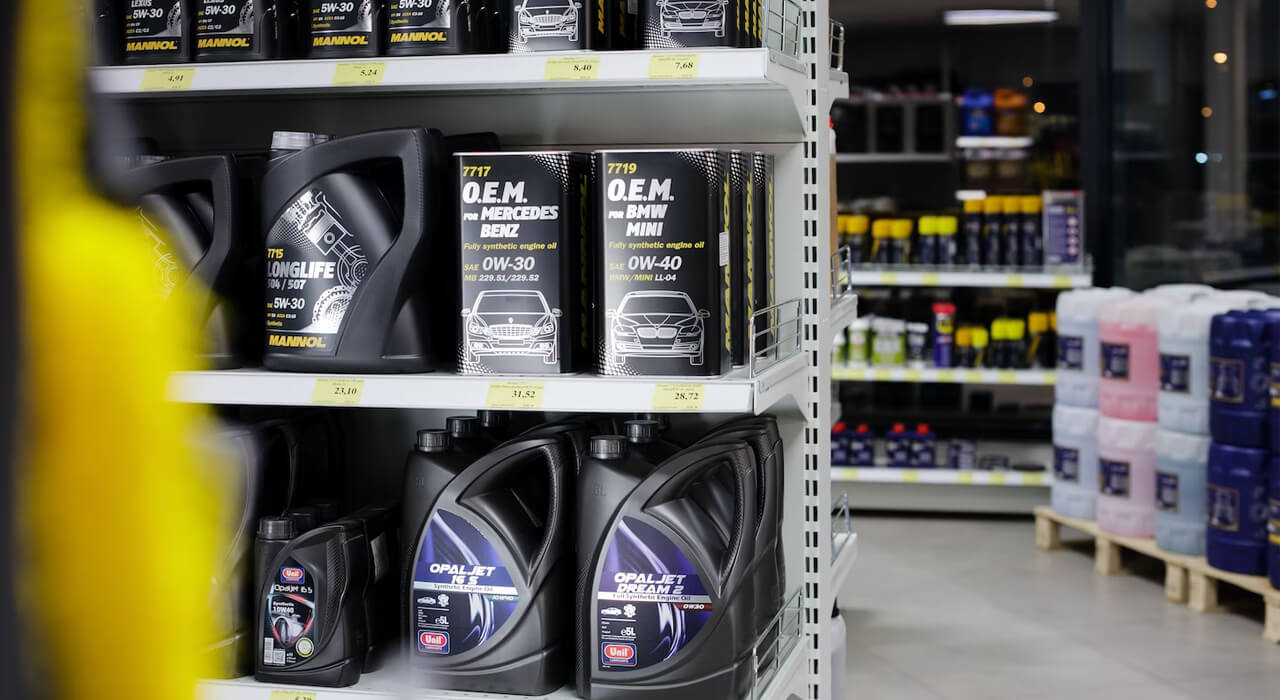Oil is the lifeblood of a vehicle’s engine, ensuring longevity and efficient operation. While we all know we need it, few are aware of the truths behind this vital fluid. In this post, we’ll debunk nine of the most common myths about engine oil.
High-Quality Oil Means More Time Between Oil Changes
While top-quality synthetic oils provide more protection and withstand heat better, regular oil changes are a must. With time, even the best oils break down and are contaminated with debris, affecting their lubricant abilities. Schedule an oil change spanish fork for optimal engine performance.
Thicker Oil Offers Better Protection
Contrary to widely held beliefs, thicker oil doesn’t always provide more protection. Oil’s viscosity, or thickness, should match the vehicle manufacturer’s recommendations. Using engine oil that’s too thick will lead to reduced efficiency and poor lubrication, while too-thin motor oil may not offer enough protection to the engine’s moving parts. Refer to the owner’s manual to find the right viscosity grade.
Suggestion: 9 Best 3 Cylinder Cars In The USA That You Can Buy In 2024
Synthetic Oil Harms Older Engines
This myth, like others, has no basis. Synthetic motor oils are designed to work with all engines, and they may offer more protection from high temperatures and wear. If you’re considering using synthetic oil, read your owner’s manual and make the switch gradually.
It’s Best to Top Off Between Oil Changes
While it’s crucial to maintain the right oil level, overfilling is just as dangerous as running dry. Excess engine oil leads to increased pressure, foaming, and reduced oil efficiency. Follow the manufacturer’s oil level recommendation and only add lubricant if needed.
Dark Oil Must Be Changed
The color of engine oil is not an indicator of its efficacy. Although fresh oil is light-colored, it will darken over time because of additives, contaminants, and usage. If you’re unsure of your oil’s condition, have it checked by a professional.
Mixing Different Types and Brands is Safe
It’s not recommended to mix different types and brands of engine oil. Combining oils with different formulations and additives may lead to inconsistent results and inadequate performance. When changing or adding oil, stick to one brand and type for optimal protection and full compatibility.
Also Check: Top 10 Causes Of Car Shuts Off While Driving But Starts Back Up
Synthetic Engine Oil Isn’t Worth It
Although synthetics cost more than conventional oil, they’re a worthwhile investment. Synthetic oils provide more protection, improve fuel economy, and create longer change intervals. In the long term, synthetic engine oils are cost-effective.
You Don’t Have to Change the Filter With the Oil
Oil filters play a key role: they trap contaminants and keep them out of the engine. Failing to change the filter regularly will lead to decreased oil flow and lower engine performance. Always change the filter when changing the engine oil for optimal lubrication and filtration.
All Motor Oils Are the Same
Every vehicle has specific oil requirements, and choosing the wrong kind will adversely affect engine performance. Consult your owner’s manual to determine the recommended specifications, including API service rating and viscosity. Choosing the best oil for your vehicle ensures engine health and lubrication.
Oil Matters Myths about motor oil persist but dispelling them will help preserve your vehicle’s performance and health. By following the manufacturer’s recommendations, drivers can make better decisions about oil change intervals and overall maintenance while ensuring a safe and consistent driving experience for years to come.






